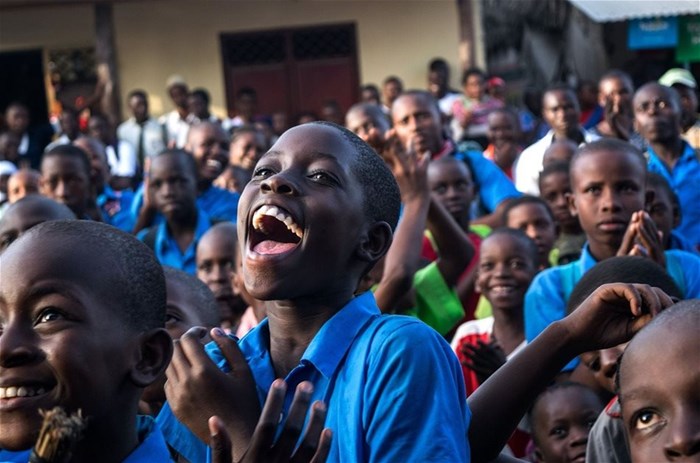
“In 2023 safety awareness is more critical than ever for children. Whilst all efforts need to be taken to ensure a child’s safety, what is key today is awareness, and the responsibility for awareness lies with parents and it lives at schools,” says Frank Rumboll, headmaster at The Ridge School.
The importance of feeling safe cannot be overstated in a child's growth and development. A lack of safety, bullying concerns, and low teacher expectations can negatively impact learning. Conversely, when a child feels safe and learns in a positive and secure environment they are more motivated and willing to explore new ideas.
Rumboll emphasises the importance of open communication, healthy relationships and building courage in children for their overall safety as he shares some of his tips...
For parents what’s important is to talk to your child as often as possible and listen to your child whenever you can, and more importantly when they have something to say. Further to that, create an environment where your child can communicate without fear or judgement.
An actualised, courageous, confident child who is not fearful has the highest chance of being safe. A child who is timid, fearful, and scared of owning his or her own voice has a higher chance of being unsafe. For families, and for schools, this mission of helping to build these characteristics in a child should be everything.
Social media presents new challenges for safety, such as children presenting a different persona online and secret communication, and managing this is very difficult for both parents and schools. But keeping informed of trends and happenings in the digital space and ensuring child protection measures on devices can go a long way to helping create a safe environment for your child.
Besides the overall safety measures and procedures that schools are required to put in place and adhere to, there are a few other things that schools can do to go above and beyond this. One of these is to incorporate safety awareness into the curriculum, be it by intentionally inserting things into the curriculum that address the safety of children, or by talking about it openly and helping children (especially younger children) to understand what safety means.
As a child, having open and healthy relationships with important people in your life, such as parents and teachers, can help protect you. Speaking openly with these key stakeholders can keep you from feeling isolated.
Children can also be encouraged to create a supportive community, where everyone feels safe and looks out for each other. Being part of a community where you feel welcome and where you feel you belong can help increase confidence to speak out. This not only benefits others but also helps children feel proud and confident as a member of a supportive community.
Rumboll concludes by saying, “ensuring the safety of children should be a top priority for everyone involved in their lives. Parents, teachers, and communities must work together to create a safe environment for children to thrive, so that each child can reach their full potential.”